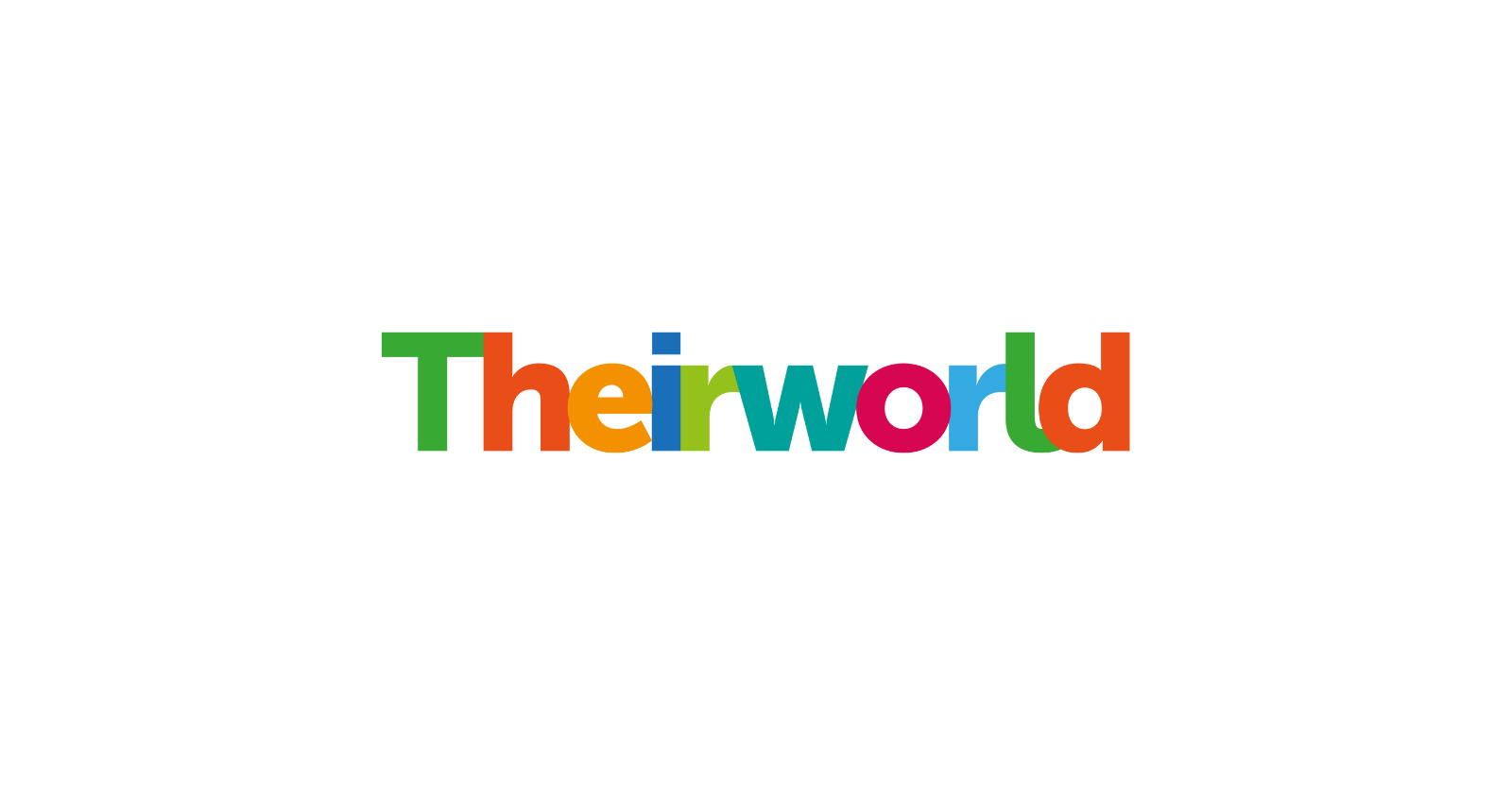
Find out the five vital things children under five need to thrive
Childcare, Safe pregnancy and birth
Our early childhood development campaign is called #5for5 because young girls and boys need five types of nurturing care in the crucial first years.
You can count on the fingers of one hand the crucial things every child under five needs for the best start in life.
That’s because there are five of them – nutrition, health, learning, play and protection.
It’s why we came up with the name of our #5for5 early childhood development campaign – for the five vital areas of nurturing care for the under-fives.
The first five years of your life shapes everything to come. 90% of brain development happens then, so the early years set us up for our school days and adult life.
This week Theirworld launched a series of new #5for5 videos featuring well-known comedians from the worlds of TV, film and stand-up. We also published a major report called Bright and Early on the lack of investment for pre-school children in the world’s poorest countries.
Now we have produced five new briefings on the five key areas of early childhood development. They conclude that every country must invest in quality care for all under-fives – including safe places to play, nutrition and health, protection, and early learning opportunities.
Special emphasis must be given to the poorest, most marginalised and vulnerable children, including those living in conflicts and other humanitarian crises.
You can join the movement and stand up for kids who haven’t mastered standing.
Here’s a quick look at some of the findings of our new #5for5 briefings. You can read the full briefings for much more detail.
Health
The first five years of a child’s life are critical for laying the foundations for healthy adulthood. During that time, children are growing faster and shaping the future of their health more definitively than at any other point in their lives.
In the first year of life alone, babies grow on average 25 centimetres and triple their initial birth weights. However, this period of rapid growth and development is also a period of major vulnerability.
During this time children need ongoing nurturing support if they are going reach their full developmental potential.
Supporting good health for kids means providing access to good healthcare, good nutrition, clean water and a sanitary environment.
Nutrition
Good nutrition is more than just having enough to eat – it also means having the right balance of foods and sufficient nutrients.
Malnutrition can result from not having enough food or nutrients or as a side-effect of repeated infections or poor water and sanitation.
Having enough of the right foods is especially important for infants and toddlers, whose bodies and brains need good nutrition for healthy growth. For example, during infancy, brain development uses 50% to 75% of the energy a baby consumes.
Inadequate nutrition also increases the risk for serious illness. An estimated half of all deaths of children ages 0 to 5 can be attributed to poor nutrition.
Play
Far from being purely fun, opportunities for play are critical for young children. Children begin learning as soon as they are born and play is a crucial facilitator of early learning.
Starting from birth, children begin to explore and learn about the world through play and interaction with adults.
As they grow, play teaches young children essential skills and supports the development of positive social interactions and strong emotional relationships with caregivers.
In fact, play is so essential to the health and well-being of all children that the United Nations Convention of the Rights of the Child includes the right to engage in play and recreation.
Learning
Children begin learning the day they are born and the foundations of success in education – and later life – begin before a child has even set foot in primary school.
Early learning is central to a child’s development, with participation in pre-primary education having a significant impact on a child’s future learning and life chances.
For poor children – those most often missing out on pre-primary education – being denied early learning limits the likelihood of enrolment in primary school, diminishes their ability to learn throughout school and has a lasting negative impact on health and income in later life.
Not providing quality pre-primary education for the poorest children will perpetuate inequality, limiting their opportunity to escape the poverty that may have trapped their families for generations.
Protection
Child protection is an important component of ensuring healthy development for children ages 0 to 5 and helps guarantee that each child has the safe, nurturing environment essential to thriving during the early years.
Young children need physical protection from abuse, neglect, violence and poor quality childcare.
But they also need psychological protection from toxic stress and traumatic experiences, as well as structural protection from exclusion and exploitation.
Young children are exceptionally vulnerable during emergencies and disasters, during which the need for protection services becomes all the more pressing.
More news

